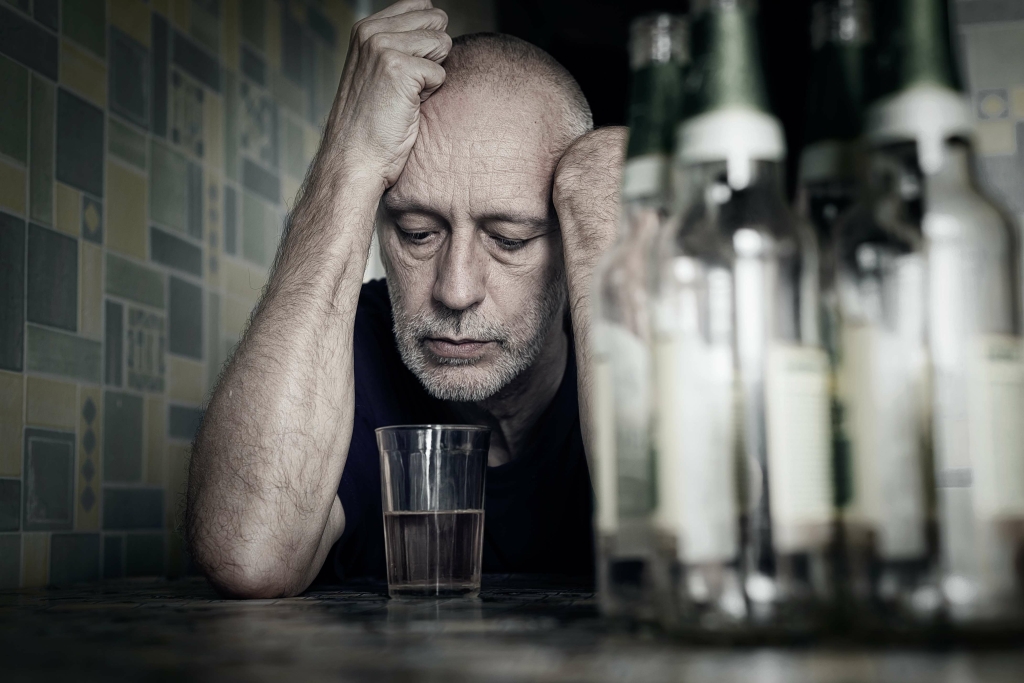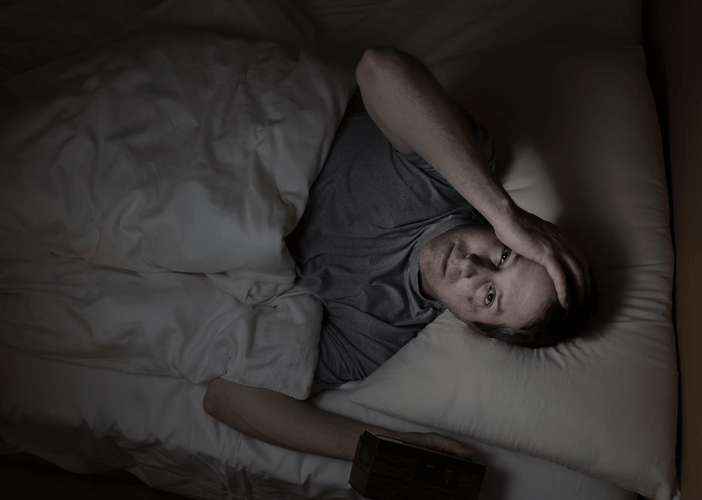No, alcoholic neuropathy is not considered fully curable, but it is manageable, and in mild to moderate cases, partial reversal of symptoms is possible. Recovery depends heavily on early diagnosis, complete alcohol abstinence, and nutritional rehabilitation. This shows the critical need for public awareness and preventive strategies to reduce the incidence of long-term neurological complications from alcohol misuse. A comprehensive rehab program with a medical detox component can help alcoholics get sober and stay that way. Many programs will help manage co-occurring disorders like alcoholic https://lamadrilena.essaabasto.mx/overview-of-dehydration-what-to-know-drink-types/ neuropathy, so the recovering patient can live a more comfortable and sober life. Although an individual struggling with this addiction may eventually quit drinking altogether, brain functioning remains irreversibly altered.
Is It Possible To Reverse The Symptoms Of Alcoholic Neuropathy, And How Long Does Recovery Take?
Alcoholism treatment programs use both counseling and medications to help a person stop drinking. Treatment has helped many people stop drinking and rebuild their lives. When should a person seek help for a problem related to his or her drinking? The National Institute on Alcohol Abuse and Alcoholism (NIAAA) has prepared this booklet to help individuals and families answer these and other common questions about alcohol problems. The following information explains both alcoholism and alcohol abuse, the symptoms of each, when and where to seek help, treatment choices and additional helpful resources. Due to the withdrawal symptoms that occur from alcohol dependence, treatment for severe alcoholism should be done only on an inpatient basis at an alcohol rehabilitation center.
Is Addiction Treatable?
Practically speaking, that means that it won’t be safe for you to start drinking again. You won’t ever be “cured” in the sense that you can drink like some people do—a glass here and there, no big deal. Relapse rates for AUD hover around 40–60%—similar to other chronic diseases. Rehabilitation programs often incorporate physical and occupational therapy to help patients regain strength, improve balance, and enhance their ability to perform daily activities. Physical therapy may include gait and balance training, range of motion exercises, and strength training.
Warning Signs And Symptoms Of Alcoholism
The Grove Editorial Team is a dynamic group of professionals can alcoholism be cured at The Grove, a leading addiction treatment center in Indianapolis, Indiana. Comprising experienced therapists, medical experts, and dedicated support staff, this team brings a wealth of knowledge and compassionate insight into the complexities of addiction and recovery. Their collective expertise shines through in each article, offering readers valuable guidance, the latest in addiction science, and inspiring stories of healing and transformation. The Grove Editorial Team is committed to educating, supporting, and empowering individuals and families on their journey toward a healthier, substance-free life. Yes, alcoholic neuropathy affects autonomic nerves, which control involuntary body functions.
- Some might experience mild symptoms that are manageable with treatment, while others suffer from severe, debilitating symptoms that significantly impact their quality of life.
- Alcohol causes changes in your brain that make it hard to quit.
- Continued alcohol use exacerbates nerve damage and negates the benefits of other treatments.
- It is common for some in recovery to use the term “cured” after they’ve been sober for a while.
- Overcoming AUD is an ongoing process—one that can include setbacks.
Care at Mayo Clinic
They are no longer drinking for fun – they’re drinking to feel normal. Getting started with addiction treatment may feel intimidating at first. We understand this and are ready to help you Sober living house on your road to recovery.
What makes alcoholism curable is the belief that it is a disease. Once accurately labeled a disease, the next point to consider is the evidence of a cure. Recovering alcoholics joke that it is the disease that tries to convince you that you do not have it. A cure for alcoholism may never come in pill form or be a shot you can take every morning.

Remember that changing long-standing patterns is hard, takes time, and requires repeated efforts. We usually experience setbacks along the way, learn from them, and then keep going. Given the diverse biological processes that contribute to AUD, new medications are needed to provide a broader spectrum of treatment options.
Residential Treatment
If you have an AUD and a mental illness, it is important to get treatment for both. And for millions of people, it’s the most important journey they’ll ever take. In this post, we’ll explore the science and lived experience behind recovery. We’ll define what it really means to “cure” an addiction, examine the biology of alcohol use disorder, debunk popular myths, and walk through the stages of successful long-term recovery. Whether you’re seeking help, supporting someone you love, or simply trying to understand the nature of addiction, this guide will provide clarity and hope. Addictive substances and behaviours produce pleasurable feelings in our brains or bodies, making them so attractive.
What to expect from your doctor

First, it is important to be supportive and encourage them to seek treatment. You can also provide emotional support, help them find resources and support groups, and provide them with positive reinforcement when they make progress. Additionally, it is important to stay connected and be available if they need help. Additionally, lifestyle changes can be important for staying sober. People in recovery should avoid high-risk situations and environments, and they should practice healthy coping skills, such as exercise and relaxation techniques.
- The counselor provides information about the individual’s drinking pattern and potential risks.
- People who are not alcohol dependent but who have experienced alcohol-related problems may be able to limit the amount they drink.
- A comfortable dining room, lounge, activity room and TV area offer space to socialise, whilst tranquil holistic therapy rooms are the key to revitalising alone time.
- If the substance or behaviour is removed, there can be psychological withdrawal symptoms such as depression, mood swings or anxiety.
- One example of this is the ritualistic aspect of alcohol and drug use.
- For serious alcohol use disorder, you may need a stay at a residential treatment facility.
There is no cure for alcoholism because of the way that the disease develops. At first, a person will be able to choose whether they drink alcohol. Effects of alcoholism can have a long-term impact on a person’s health, relationships, and overall quality of life. Luckily, with treatment, much of this can change for the better.
